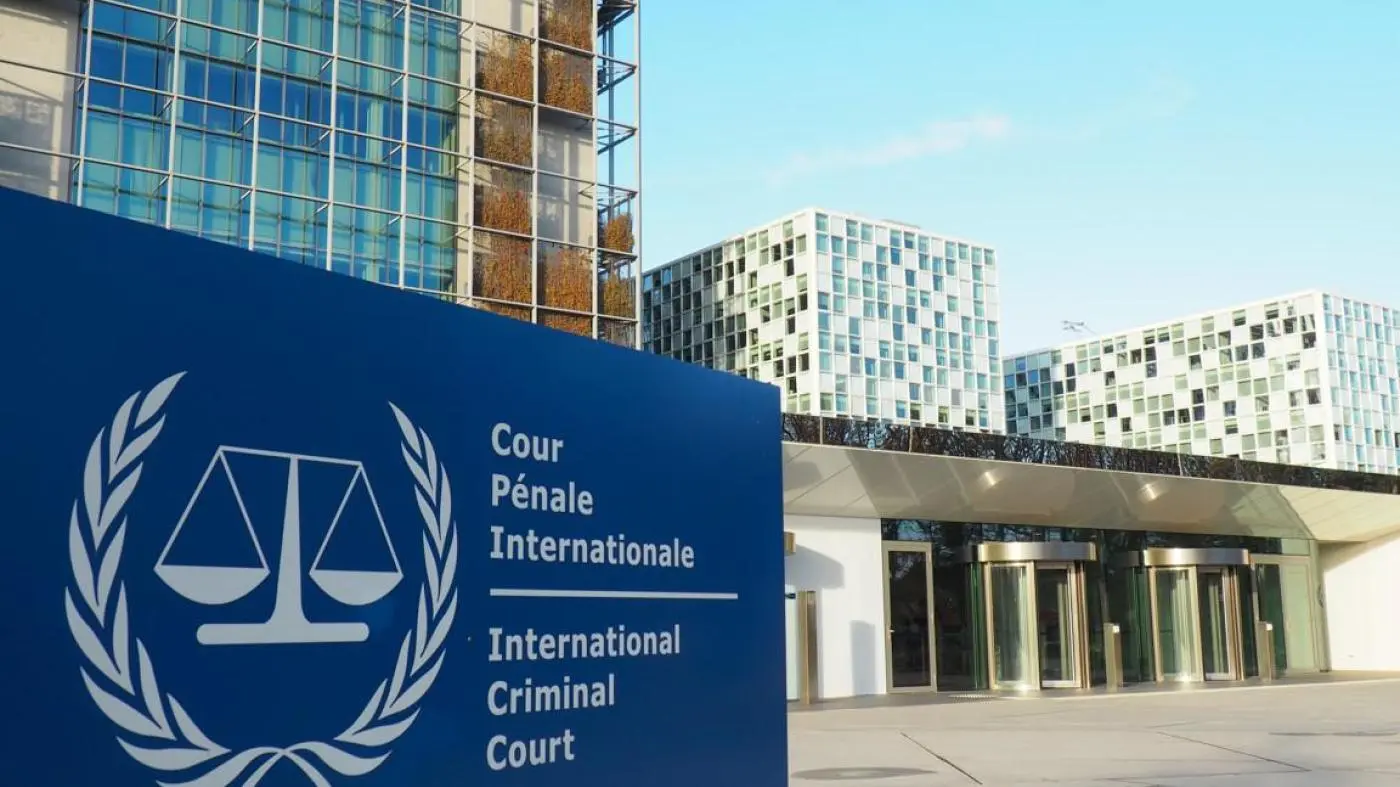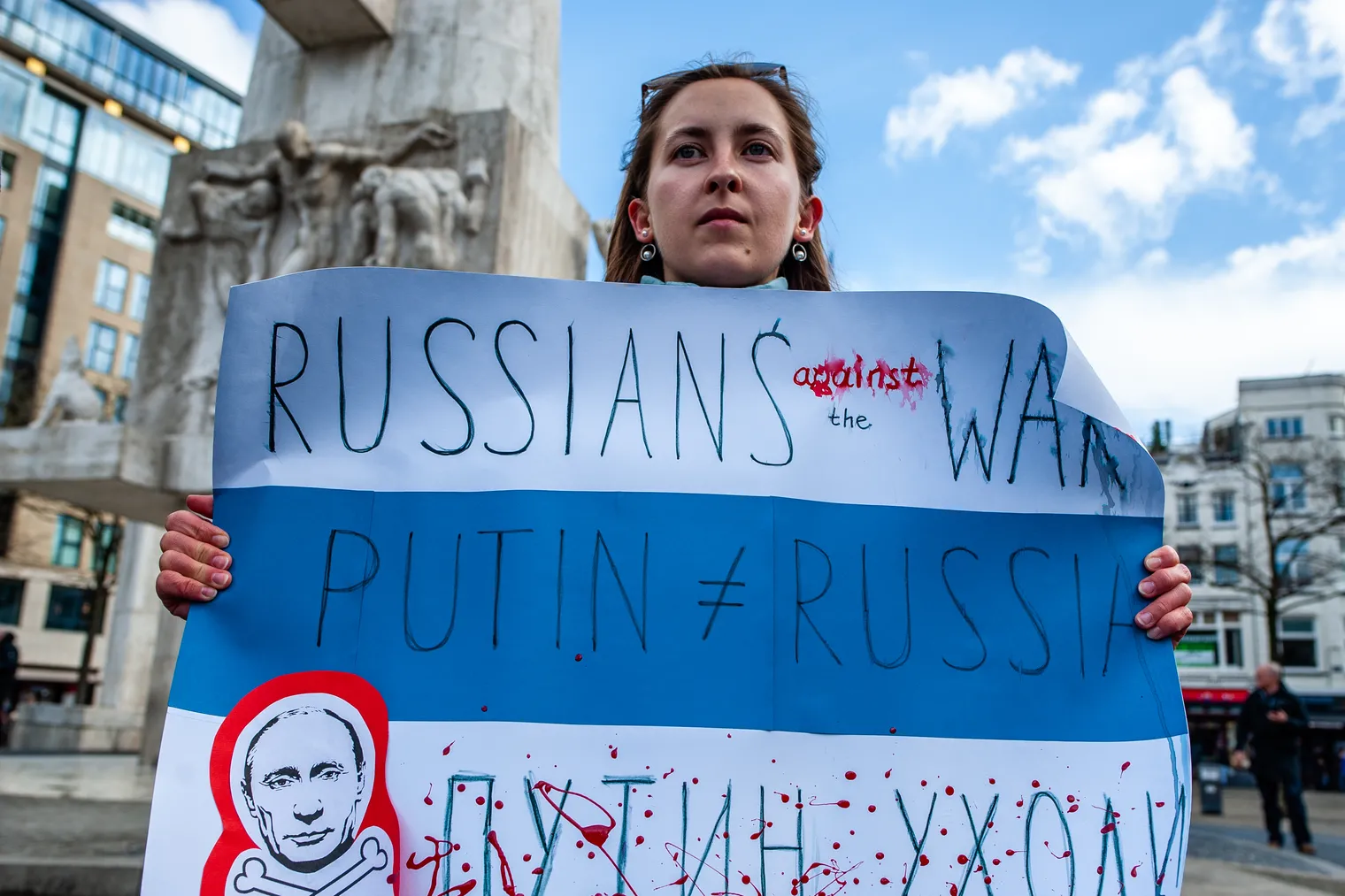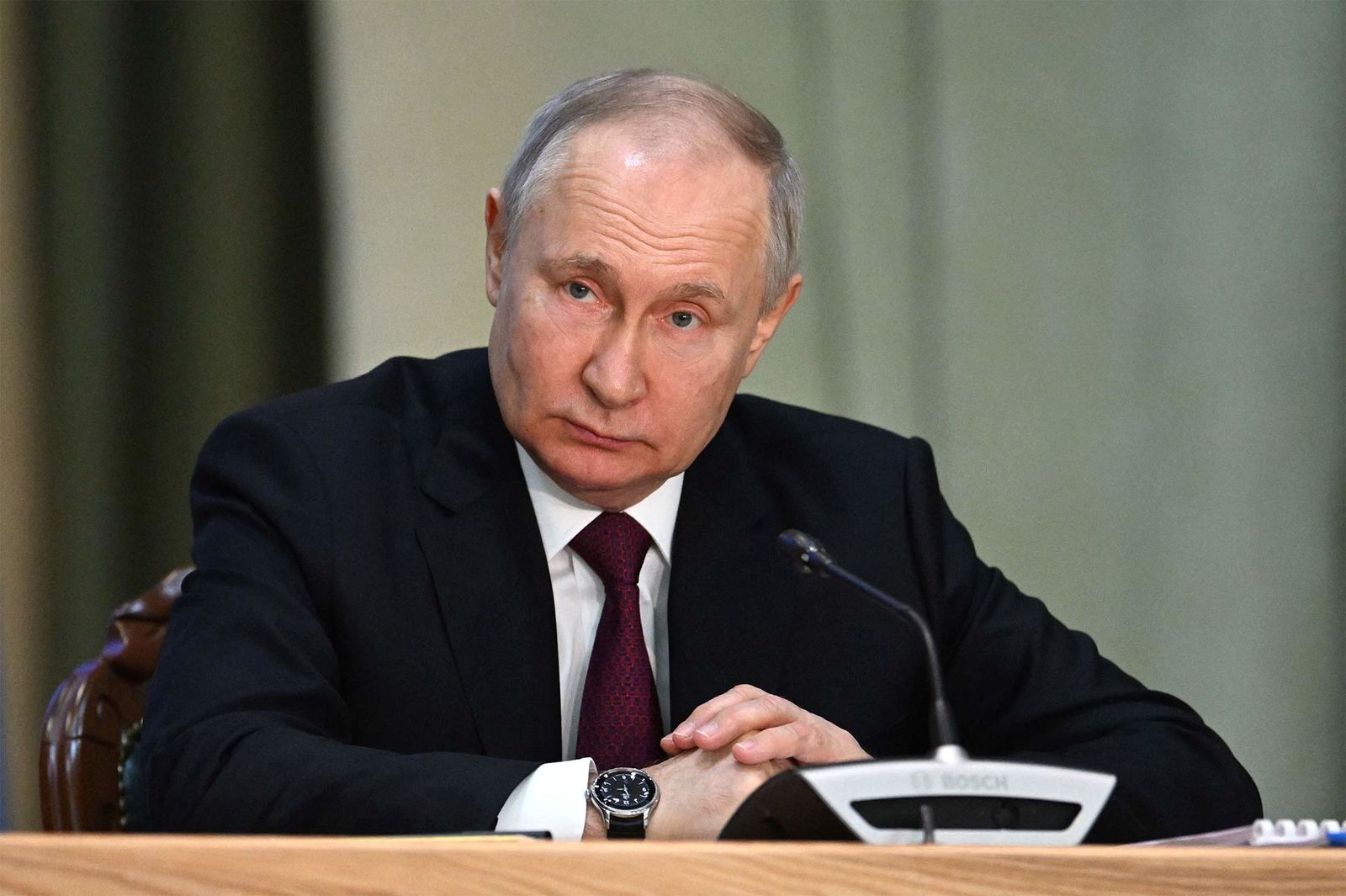By Evi Tsakali,
On March 17, 2023, Pre–Trial Chamber II of the International Criminal Court (hereafter referred to as “ICC” or “the Court”) issued warrants of arrest for two individuals in the context of the situation in Ukraine: Russian head of state Vladimir Putin as well as Maria Alekseyevna Lvova–Belova, his commissioner for children’s rights, on the grounds of bearing responsibility for the unlawful deportation of children from Ukraine to Russia since the war began. Ukrainian authorities estimate that about 16,000 children have been deported. Russian officials say they have taken the children in as a wartime humanitarian gesture. The Kremlin spokesman Dmitry Peskov said Russia found the very questions raised by the ICC “outrageous and unacceptable”, but meaningless concerning Russia.
Nevertheless, one can doubt whether not only Putin but also high–ranked Russian officials, in general, will be finally brought to justice under international law; before delving into the reasons (or what I call in the title “the fault in our international criminal justice”), we first need to examine the origins and the evolution of the international criminal justice ecosystem to its current (fragile) state.

Elaborating on the term “war crimes”
What are war crimes? The term refers to violations of the rules of warfare as defined in a series of treaties, principally the Geneva Conventions. They include but are not limited to, willful killing, torture, rape, using starvation as a weapon, shooting combatants who have surrendered, deploying banned weapons (such as chemical and biological arms) and deliberately attacking civilian targets.
The ICC and the administration of international criminal justice
After World War II’s end, the concept of international criminal justice was synonymous with the Allies granting themselves immunity and establishing tribunals that were criticized for victors’ justice. To avoid the aforementioned, the UN Security Council would establish independent criminal tribunals (the ICTY and the ICTR, today merged into the Residual Mechanism for International Criminal Tribunals) to judge atrocities in Former Yugoslavia and Rwanda respectively. In 2002, the Rome Statute – ratified by 123 member–states – would become the birth certificate of the International Criminal Court. However, the Statute has not been ratified — notably – by India, China, Russia, and the US (3 out of the P5, impressive). Russia had actually signed the Rome Statute in 2000, but never ratified it to become a member of the ICC, and finally withdrew its signature in 2016, in the context of the seizure and unilateral annexation of Crimea from Ukraine in 2014, as well as a campaign of air strikes in Syria in support of President Bashar al–Assad’s war against rebels. Ukraine is not a party to the ICC either, although it recognizes the Court’s jurisdiction, meaning that those responsible for atrocities committed in Ukrainian territory can be prosecuted.

The prospects of trying Putin and/or Russian officials
The ICC does not allow trials in absentia; and in the absence of a mechanism like a police force, the Court relies on member—states to make arrests. Consequently, the likelihood of Putin and his officials being arrested (and thus being located out of Russian territory) is rather low. Even if they happen to be found in another state, the fact that the arrest is the concerned state’s initiative is very delicate on a diplomatic level. Hence, one—third of the people against whom the ICC has pursued war crimes cases remain at large. Besides, there is little precedent for trying sitting heads of state, with the exceptions of Milosevic for his crimes in Kosovo in 1999, the former President of Liberia Charles Taylor, and the former President of Chad Hissène Habré.
This splendid mixture of obstacles is completed by the overall stance of the United States, one of the most vocal actors advocating for Putin’s arrest, despite not being a party to the ICC itself. That promotes a hypocritical perception of an à la carte international justice that is not very productive.
Nevertheless, the charges pressed are not at all coincidental: proving aggression, indiscriminate killing of noncombatants or sexual violence requires documentary evidence; a difficult task that does not necessarily lead to a guilty verdict. This is why the charges in hand are so specific; they are handpicked to add Putin to the aforementioned exceptions. Will it be the case? As always (as some would say) when it comes to administering international justice, we will wait…
References
-
Here’s what the ICC can actually do about Putin’s war crimes. vox.com. Available here
-
Kremlin: ICC warrants outrageous and unacceptable, but null and void for us. reuters.com. Available here
-
Situation in Ukraine: ICC judges issue arrest warrants against Vladimir Vladimirovich Putin and Maria Alekseyevna Lvova-Belova. icc–cpi.int. Available here
-
Could Putin Really Be Prosecuted for War Crimes?. bloomberg.com. Available here




